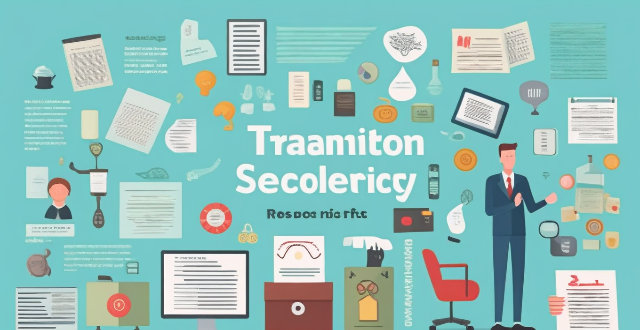The transition to a circular economy offers significant environmental, economic, and social benefits. These include reduced resource depletion, lower emissions, enhanced biodiversity, job creation, cost efficiency, innovation stimulus, sustainable consumption, equity and inclusivity, and healthier communities.

What are the benefits of transitioning to a circular economy?
Transitioning to a circular economy offers numerous benefits that can be categorized into environmental, economic, and social dimensions. Here's a detailed breakdown:
Environmental Benefits
- Reduced Resource Depletion: By reusing materials, a circular economy reduces the need for extracting new resources, thus preserving natural capital.
- Lower Emissions: Recycling and reusing materials typically require less energy than producing new products from raw materials, leading to lower greenhouse gas emissions.
- Enhanced Biodiversity: A circular approach often involves more sustainable practices that have less impact on ecosystems, helping to preserve biodiversity.
Economic Benefits
- Job Creation: The recycling and refurbishing sectors often require labor-intensive processes, creating jobs in various segments of the economy.
- Cost Efficiency: Companies can save money by reducing waste and using recycled inputs, which can be cheaper than virgin materials.
- Innovation Stimulus: The shift towards circularity encourages businesses to develop new technologies and business models, fostering innovation.
Social Benefits
- Sustainable Consumption: Consumers are empowered to make choices that have less environmental impact, promoting a culture of sustainability.
- Equity and Inclusivity: Circular strategies can help reduce poverty by creating local jobs and ensuring resource efficiency benefits all members of society.
- Healthier Communities: Reducing waste and pollution leads to cleaner environments, which directly correlates with improved public health outcomes.
Making the transition to a circular economy is not just about being environmentally friendly; it also makes good economic sense and contributes positively to societal well-being.